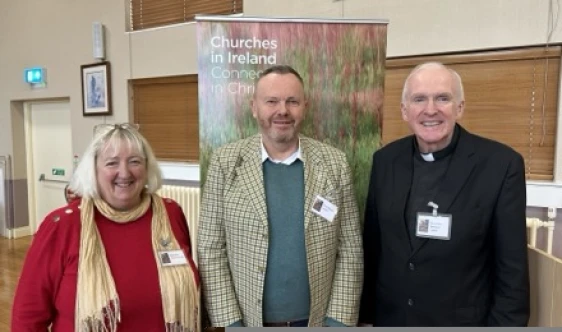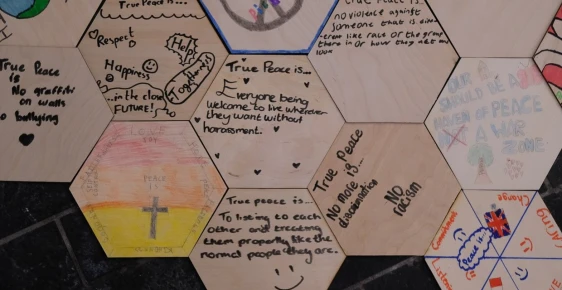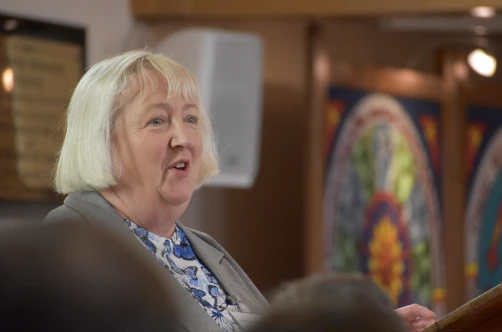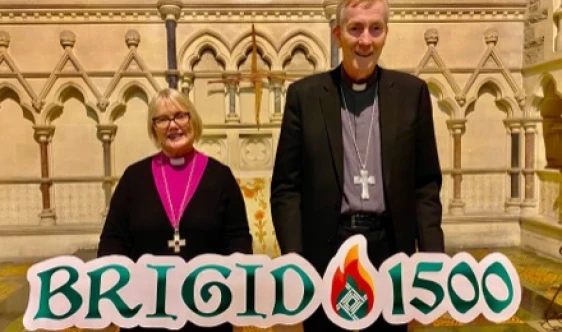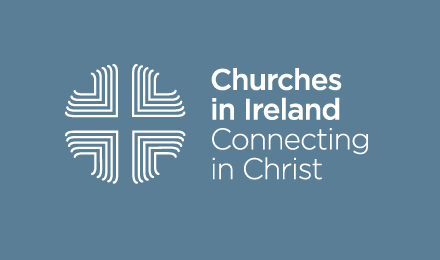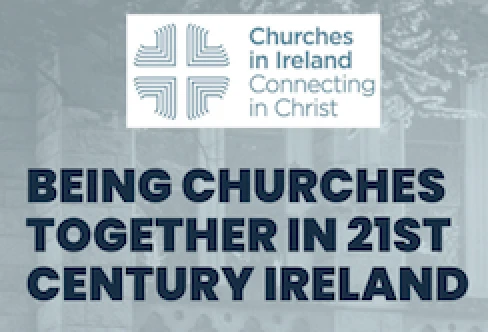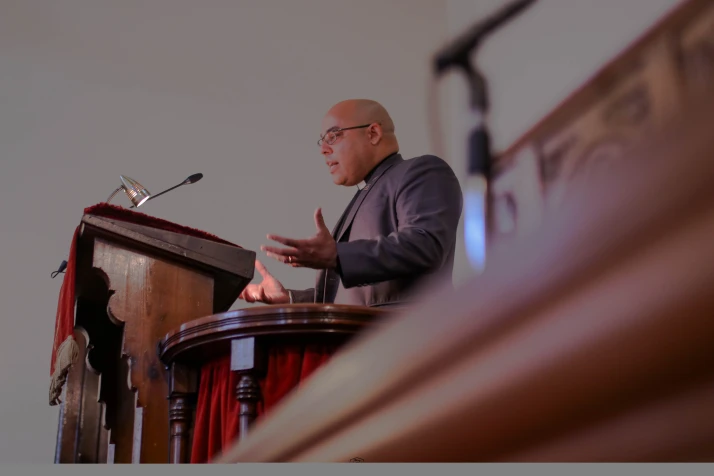
Guy Hewitt, High Commissioner for Barbados to the UK, reflects after preaching at the 29 July inaugural emancipation day sermon at the University Road Moravian Church in Belfast.
There is an urgent need to bring a sense of unity in the kingdom comprising Great Britain and Northern Ireland; and there is no better time to start that now.
As I stated previously, in 2018, on the seventieth anniversary of the arrival the MV Empire Windrush, on the fiftieth anniversary to the day of Enoch Powell’s odious “Rivers of Blood” speech, on the twenty–fifth anniversary of the murder of Stephen Lawrence, the incontrovertible truth is that Britain appears ill–at–ease on matters of race, ethnicity and migration.
I want to use this opportunity to clarify what I consider to be a need for a truth and reconciliation commission in the UK.
My call for conciliation is not just in the interest of the Caribbean diaspora, or for Black, Asian and other minority ethnic groups in the UK, but for the entire nation. As Dr Martin Luther King held: “Injustice anywhere is a threat to justice everywhere.”
The need for truth and reconciliation emerged not from the Windrush scandal but from my recent visit to Belfast to participate in the inaugural Emancipation Day Service in the UK. I was unprepared for the reality that, notwithstanding the twentieth anniversary of the Good Friday Agreement, some tensions between British and Irish identities in Northern Ireland are unresolved.
Although it has disappeared from the UK news agenda, I encountered what appeared to be a society still in trauma and with obvious scars such a high suicide rates and segregated communities some divided by corrugated iron “peace lines”. I was startled by the road barricades that still separate some communities by night, and dismayed to learn that the vast majority of children go to schools determined by religion. We hope and pray that nationalist or unionist sentiments are not reproduced on the playground.
As a born, baptised and confirmed Roman Catholic, and subsequently CofE trained and ordained, Anglican minister, I am saddened that sectarianism still exists in an institution with “one foundation”, worse yet in the 21st century.
On this matter, it is relevant to recall the 1954 landmark US Supreme Court decision in “Brown vs Board of Education” which dismantled the “separate but equal” doctrine in public education and ushered in major civil rights reforms. Then Chief Justice Earl Warren in delivering the unanimous ruling: “concluded that, in the field of public education, the doctrine of ‘separate but equal’ has no place. Separate educational facilities are inherently unequal.”
While the anniversary Good Friday Agreement is to be celebrated for ending the conflicts in Northern Ireland, the lack of detail on peace and reconciliation and how to resolve the difficult issues of the past, left a void. This is a particular challenge today with Brexit given that the border issue between the north and the south has emerged as crucial in the negotiations. To impose a hard border could undermine the Good Friday Agreement and push true reconciliation even further away.
On a related note, forces seem to be gathering again in Scotland for another try at independence. Writing in the Financial Times recently, Scottish Conservative leader Ruth Davidson noted that: “As long as our future relationship with the EU is in flux, it would be foolish to assume that the current trends on Scotland remaining in the UK will hold and that the threat of separation has gone away.”
While the religious and political sectarian rivalries between Catholics and Protestants in Scotland seem to have subsided, the 2003 Scottish Executive’s Action Plan on Tackling Sectarianism speaks to residual tensions.
Similarly in 2011, protests that started in Tottenham, following the death of Mark Duggan, that erupted in riots across England expose the tensions south of Hadrian’s Wall.
With five deaths, 3,000 arrests and an estimated £200 million worth of property damage, when considered alongside alongside the 2001 riots and those that preceded in 1995, 1991, 1985 and 1981, the caution given by Dr Martin Luther King resonates: “There is nothing more dangerous than to build a society with a large segment of people in that society who feel they have no stake in it, who feel like they have nothing to lose. People who have stake in their society protect that society, but when they don’t have it, they unconsciously want to destroy it.”
The call for truth and reconciliation is out of a general concern for the land of my birth and my identity as a child of the Commonwealth, London–born to Barbadian and Indian parents. It is noteworthy that the recent Commonwealth meetings in London both on intra–Commonwealth trade and at the Summit, subtlety revealed that that wounds from historic injustices and abuses have not fully healed among some member of the Commonwealth.
While the Commission in South Africa to examine the effects of apartheid is best–known, there are multiple examples in the Commonwealth. The 2008 Canada Commission investigated the human rights abuses of their indigenous people, and the 2009 Mauritius Commission explored the historical impact of slavery and indentured servitude.
Mauritius decided to create a Truth and Justice Commission to examine slavery and indentured labour since the colonization of the island in 1638. The Commission was unique in that it dealt with socio–economic class abuses over more than 370 years, the longest period that a truth commission has ever attempted to cover.
Compelled by the observation by Edmund Burke that: “for evil to triumph all that is necessary is for good men to do nothing”, and inspired by the recently publication by Justin Welby Reimagining Britain, I too wish the churches and other faith groups to be leaders not just of their religious communities but “the society in which they live, not to circle the wagons and seek to retain purity through separation.”
I believe that the faith community has a crucial role to play in uniting this Kingdom.
It is my expressed desire that a lesson learned from Windrush is to create a process of social reconciliation that would provide the opportunity to finally bring this multicultural society together and eliminate the vestiges of intolerance, discrimination and cultural denigration, which constitute the legacy of a horrific past, and in the process give birth to a truly, united kingdom.
As Lyndon B Johnson stated with regard to the US civil rights movement, but which applies to all issues of racial and ethnic division: “Until justice is blind to colour, until education is unaware of race, until opportunity is unconcerned with the colour of men’s skins, emancipation will be a proclamation but not a fact.”
Guy Hewitt
(@guyhewitt11 on twitter)
